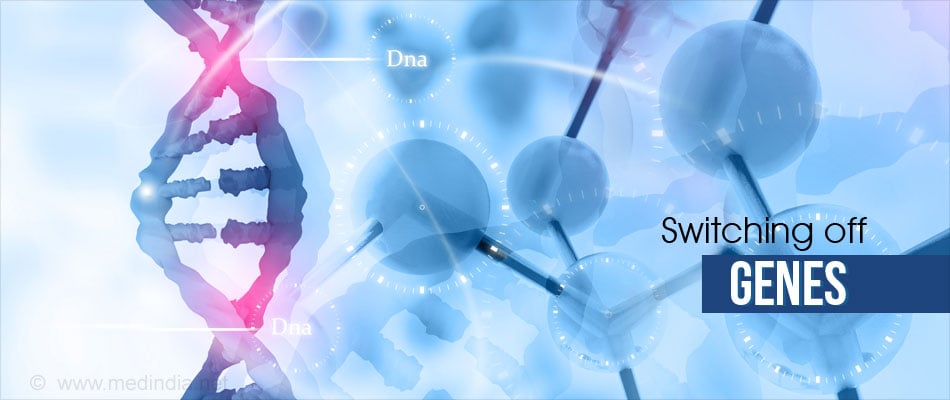
- Certain genes that are active during an activity are switched off after that.
- When these genes are not switched off, it could lead to damages.
- Studies on mice show that such genes when they remain ‘on’, affect learning and memory.
- Microbial infection
- Hormones
- Physical activity
While there are numerous research studies that investigate the reasons why genes are turned on, very few studies look into the mechanisms that turn these genes off.
- When the mice moved, a large enzyme bound to the genes that are turned on.
- The enzyme does not bind to genes that are not turned on.
- The enzyme called nucleosome remodeling and deacetylase (NuRD) complex was pivotal in turning the genes off after the activity.
- Mice in which this enzyme is absent are unable to switch genes off.
Mechanism of Action of These Genes
The enzyme nucleosome remodeling and deacetylase (NuRD) complex shuts off genes by switching one protein associated with DNA with another. Such proteins are called histones that act as spools around which DNA is wound. In some places, the DNA is wound tightly and in others loosely. When one protein is shifted to another, it results in the DNA being held tightly and the gene being shut off.Dr Bonni says “Turning on and off genes is a fundamental property of cell biology, and this is the first epigenetic mechanism that explains how you turn off genes after they’re turned on. I think we’ll find that this mechanism turns off genes in many different contexts.”
Potential for Further Study
Dr Yamada who is the co-author of the study says that there is lot of potential for further study "We think that the NuRD complex has the potential to rapidly turn off thousands of genes"
Failure To Shut Off Genes Leads To Learning Disabilities
Dr Bonni says “This enzyme is related to other enzymes that are mutated in neurodevelopmental diseases. The ability to turn off genes turns out to have profound consequences for brain wiring and learning, and we want to figure out how.”
Reference:
- Ability to Turn Off Genes in Brain Crucial for Learning, Memory - (http://www.newswise.com/articles/ability-to-turn-off-genes-in-brain-crucial-for-learning-memory)














